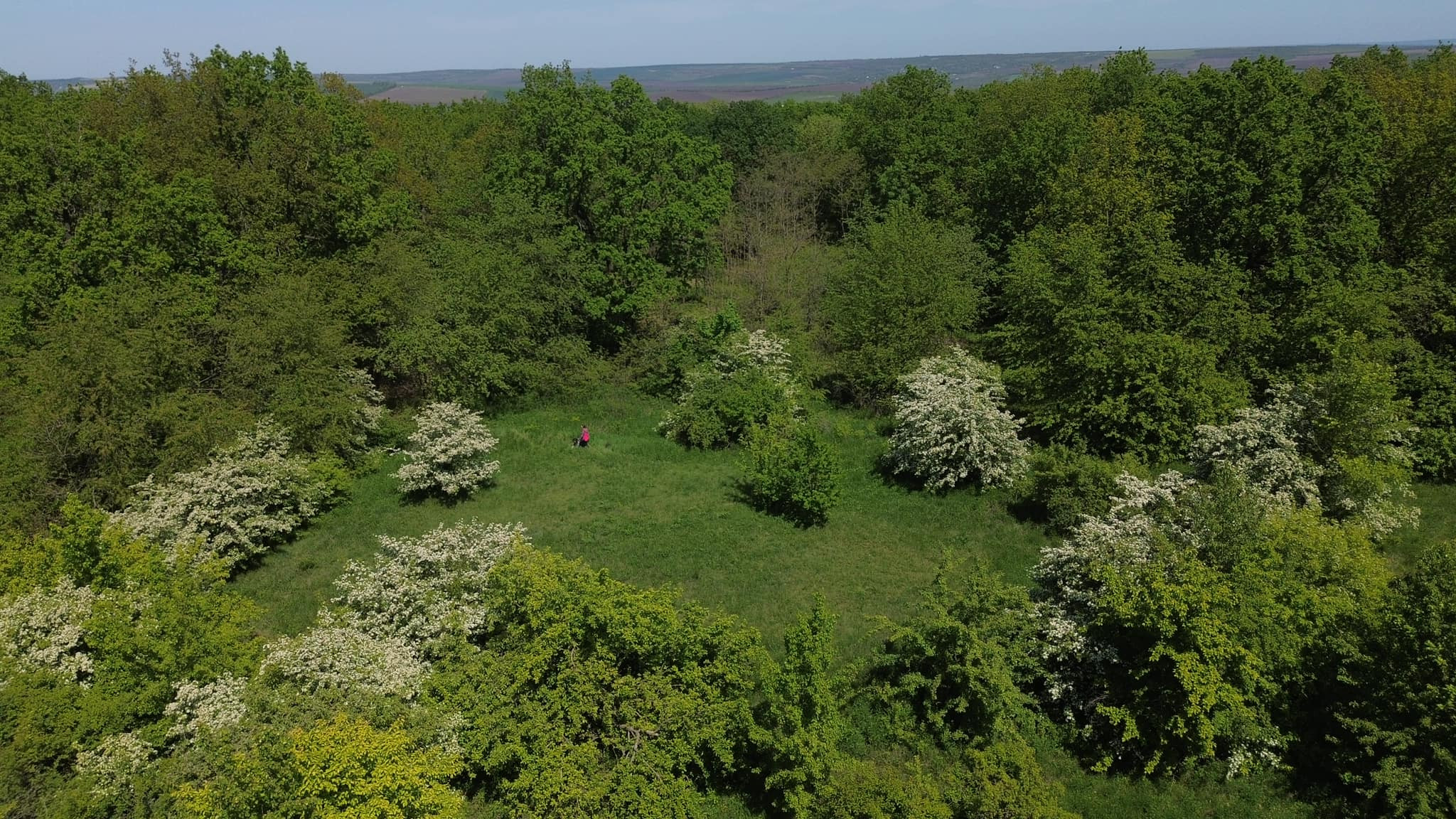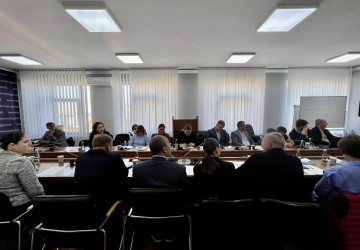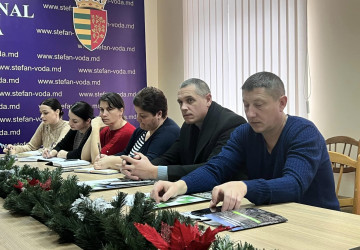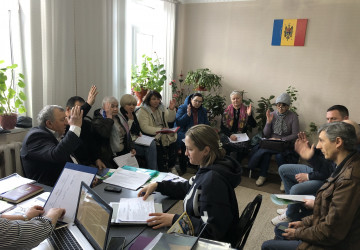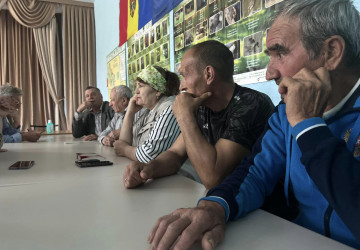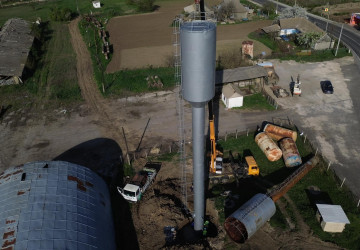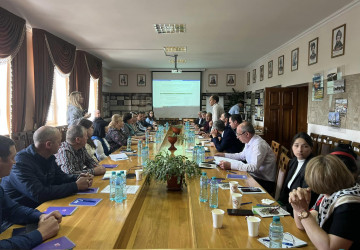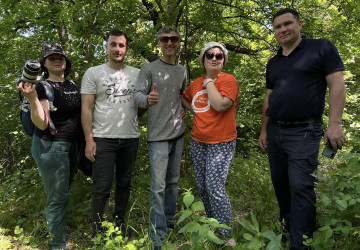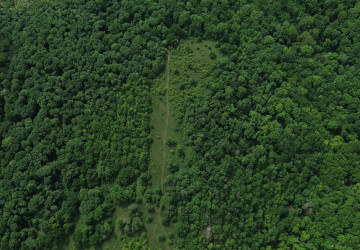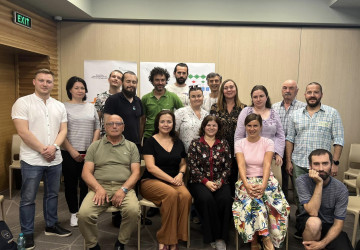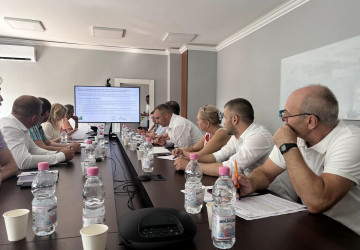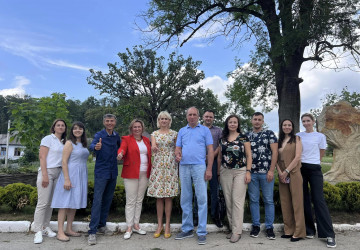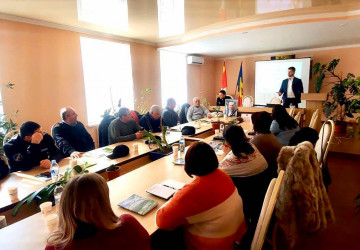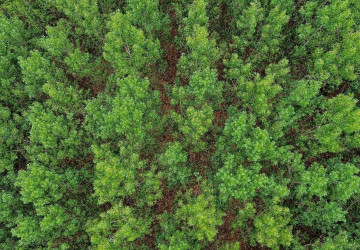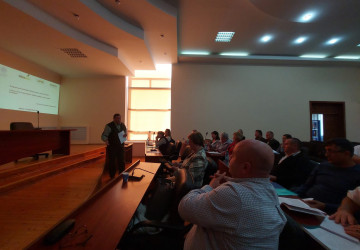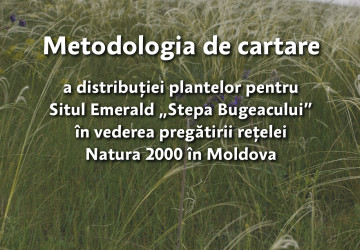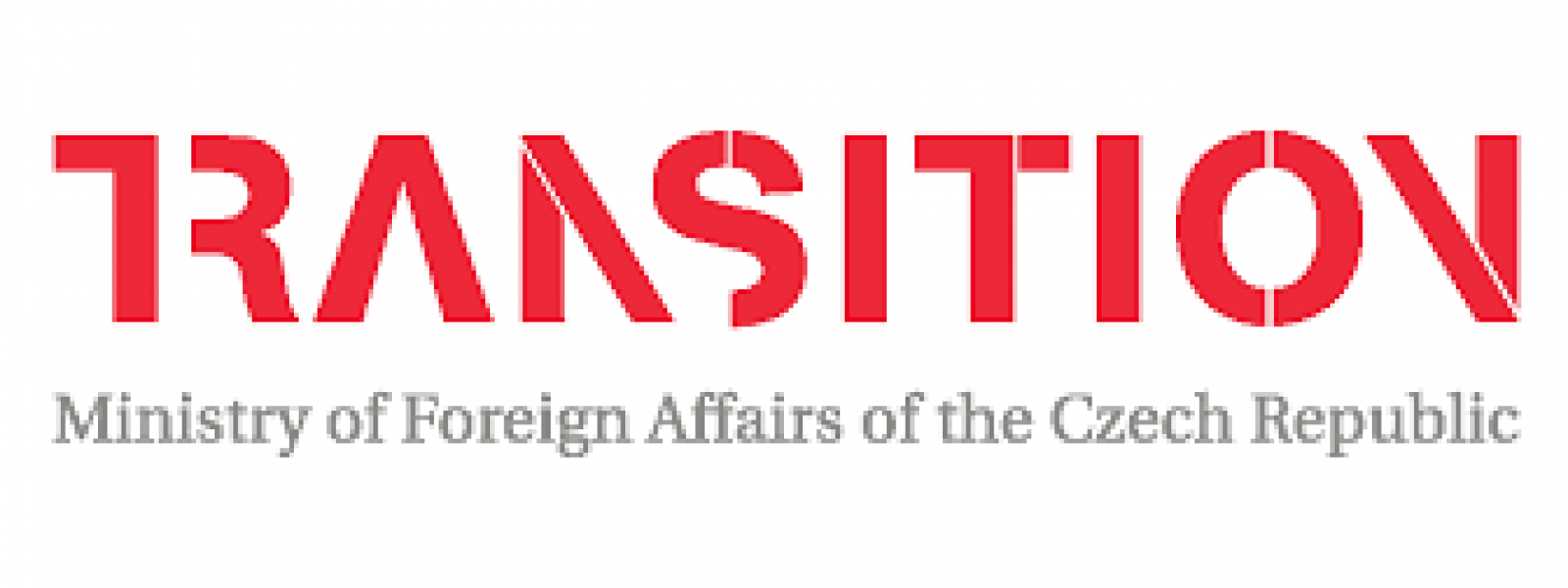The project will involve 2 partner NGOs – ES BIOTICA and EcoContact. It will focus on 4 target groups, such as representatives of PAs, the environmental authorities of the Republic of Moldova, local authorities and local population, scientists and researchers in environmental protection.
Project area: Codrii nature reserve (Straseni district), the Orhei National Park (Orhei and Straseni districts) and Lower Dniester National Parks (Stefan-Voda and Causeni districts (right bank of the Dniester)) and Slobozia district (left bank of the Dniester).
Impact: Implementation of the new Environmental Strategy until 2033 is supported by improving the management of the protected areas in the Republic of Moldova[1]
Outcome: Increased effectiveness of protected areas in reducing biodiversity loss and achieving conservation outcomes through innovative governance models and sustainable management practices
Output 1. Legal, fiscal, and information support for the integration of ecosystem services on the national and local levels provided;
Output 2. The ecological capacity of landscapes in the Codrii nature reserve and Orhei and Lower Dniester National Parks enhanced, and the delivery of ecosystem services increased, providing healthy habitats for species and a healthy environment for local communities;
Output 3. Improved capacity of protected areas' administrations for effective management;
Output 4. The resilience of local communities and capacities of stakeholders, including men, women, and vulnerable groups in protected areas management increased;
Output 5. Role of women in protected areas’ governance and economic diversification in rural areas strengthened.
The project will support the national level stakeholders in aligning the national legislation related to protected areas to the international one. The project intends to contribute to the development of the capacities of the responsible organizations, administrations of protected areas, improving the management practices that will enable them to act more efficiently. Some restoration measures in nature will be implemented, based on the developed environmental baseline assessment reports for the target protected areas. The project will involve local communities into the process, work with them on the implementation of interventions in improving social infrastructure in the villages of the national parks that address the most stringent problems, in order to raise their resilience and adaptive capacity to climate change. A wide information campaign and capacity development programme will be conducted in order to raise awareness of the citizens on protected areas management, biodiversity conservation and climate change adaptation.

